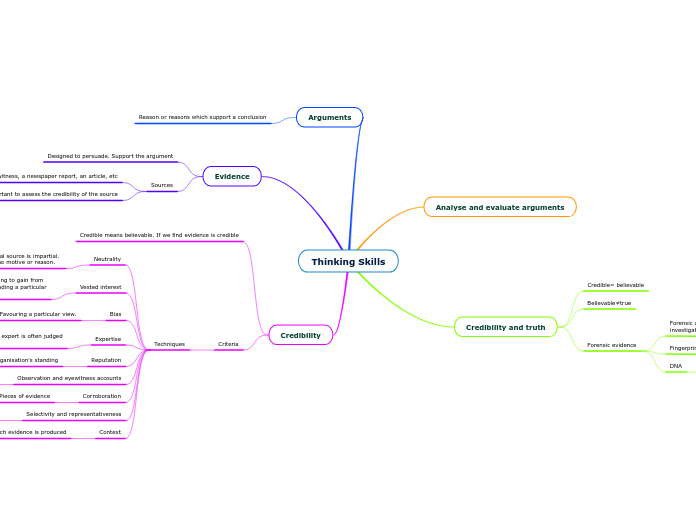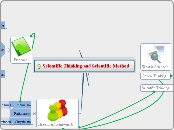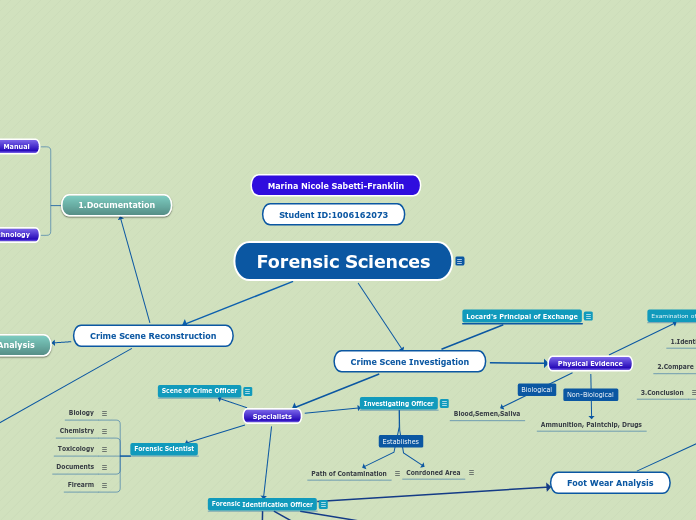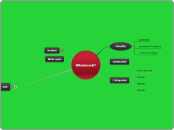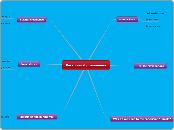Thinking Skills
Credibility
Criteria
Techniques
Context
Setting or situation in which evidence is produced
Selectivity and representativeness
Evidence is always selective
Campaigning groups, newspapers, broadcasts
Corroboration
Pieces of evidence
Support each other.
Observation and eyewitness accounts
Eyewitness= credible
Hearsay evidence= less credible
Reputation
A person's character or an organisation's standing
Expertise
Evidence given by an expert is often judged
to be highly credible
Expertice is only credible if it is relevant
Bias
Favouring a particular view.
A biased viewpoint may reduce the credibility
of the source
Vested interest
People have something to gain from
promoting and defending a particular
point of view.
Neutrality
A neutral source is impartial.
It has no motive or reason.
Credible means believable. If we find evidence is credible
Evidence
Sources
It is important to assess the credibility of the source
eyewitness, a newspaper report, an article, etc
Designed to persuade. Support the argument
Arguments
Reason or reasons which support a conclusion
Credibility and truth
Forensic evidence
DNA
Sometimes contaminated
Fingerprints
Forensic are used by the police in the
investigation of crimes
Expert witnesses
Believable≠true
Credible= believable
Analyse and evaluate arguments
